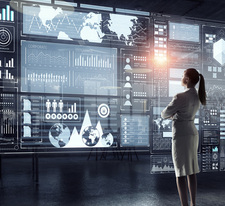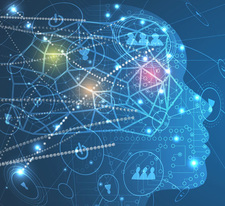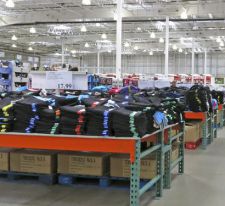Work Environment 2025: Artificial intelligence
According to a recently published analytical report prepared for Fujitsu by the leading independent research company Pierre Audoin Consultants (PAC), by 2025 artificial intelligence will become one of the key factors determining the transformation of work environments. In addition, the researchers found that in the next 8 years, companies will abandon many modern work models, office applications and physical work environments.
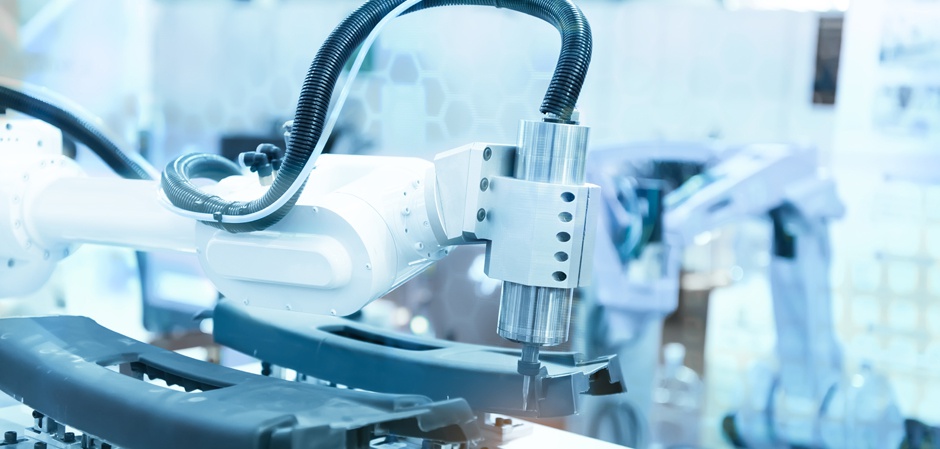
Despite the fact that many companies are now trying to meet the constantly changing working methods of their employees, the business must be ready for a future in which artificial intelligence will be used everywhere, employees will always be in touch, flexible working methods and models without a contract will be actively used. Traditional industrial systems will become a thing of the past, and fundamentally new solutions will replace them.
Fujitsu contacted the research company PAC in order to find out what the strategy for organizing efficient work environments will be in 2025. In the document prepared by PAC "Work Environment 2025" (Workplace 2025), the following aspects are named as key factors determining the requirements for future work environments: social and demographic changes, technological evolution, businessfactors and human impact on the environment.
Intelligent work environment and widespread use of AI-based technologies
The main assumption of the analytical report is that artificial intelligence (AI) will get a fast pace of development. The specialists of PAC have suggested that the rate of appearance of new and new changes will increase from now until 2025, and these changes will affect all aspects of the working environments of the future. Artificial intelligence-based technologies are already being used to solve a large number of tasks and are gradually beginning to have a strategic impact on almost all aspects of work environments and on how ordinary people live and work.

Ramanan Ramakrishna, Head of Service Innovation and Product Range at Fujitsu in the EMEIA region, noted: "In order to meet the modern requirements of employees, companies of any scale need to immediately plan and start investing in a strategy for creating jobs environments of the future.With the advent of new technologies, including artificial intelligence, users receive more personalized work opportunities that dynamically adapt according to current conditions, location and user preferences. These technologies make it possible to work anywhere and at any time, dive deeper into the workflow and interact more effectively in a group. If companies want to keep up with the pace of development of new technologies and create an adaptive infrastructure of the work environments of the future, they need to develop a concept of the most important work roles and skills that they will need in the medium and long term. This is necessary in order to effectively plan and create the foundation of a business: starting with the planning of office space and infrastructure, ending with the technical skills necessary to create and maintain working environments based on artificial intelligence. The strategy is important for maintaining competitiveness, retaining existing specialists and providing consistent opportunities when using digital tools.
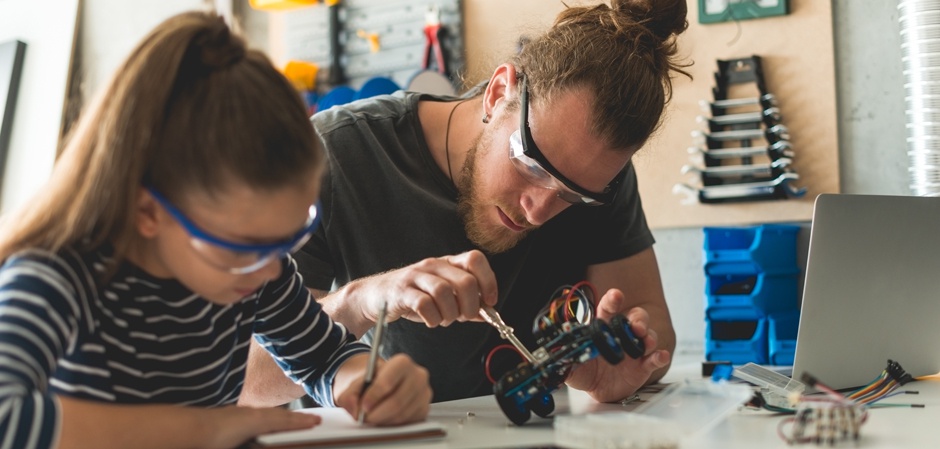
In the future, artificial intelligence will allow employees to focus on more complex and interesting tasks, provide support for intelligent digital assistants, help establish new business connections, provide personalized, dynamic and context-based functionality for scheduling work tasks for the day and provide the opportunity to use dynamic routing in real time.
The PAC study suggests that companies' work environments may undergo fundamental changes caused by changing employee demographics, the development of artificial intelligence and the disappearance of traditional office environments. Nick Mayes, head of research at PAC and author of the document "Working Environment 2025", noted: "Most companies have begun to create a reliable basis for the development of relevant for the future of work environments by introducing technologies such as digital virtual assistants. At the same time, the transition to "digital work environments" is led directly by entrepreneurs and IT directors themselves.

The document also states that companies should already introduce a culture of innovation and collaboration both inside and outside their organizations. The use of outdated technologies and workflows can reduce productivity and demotivate employees.
Fujitsu recommends that companies include the latest workflows and methodologies in their concept, and technologies should be considered as a tool to meet business needs, and not as a separate stand-alone solution.
Photo: shutterstock.com

